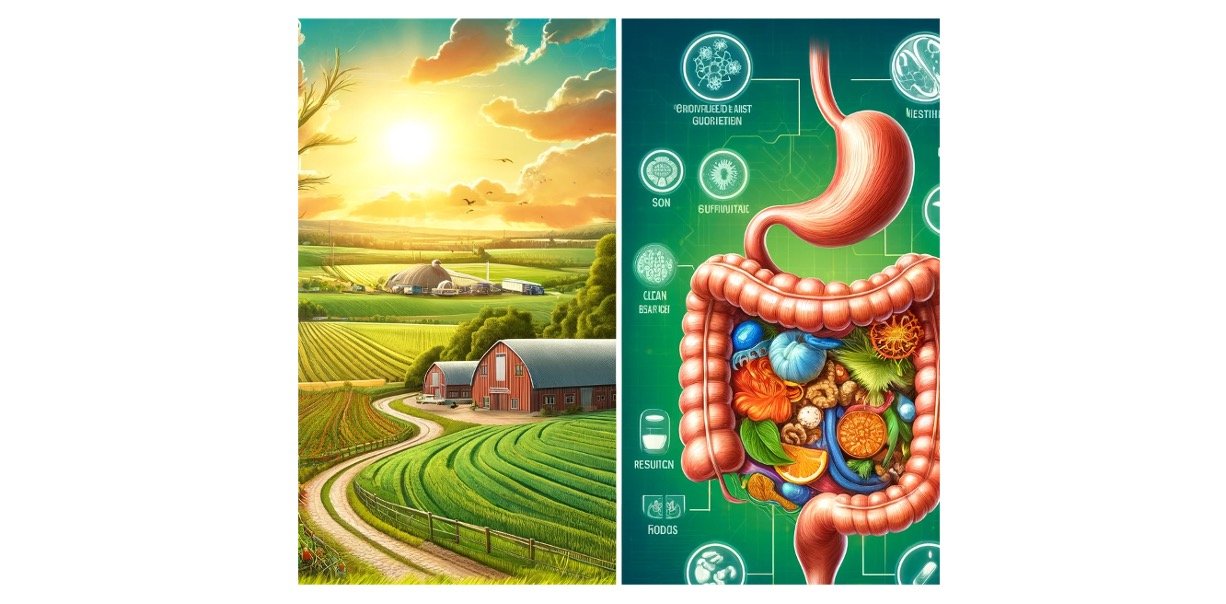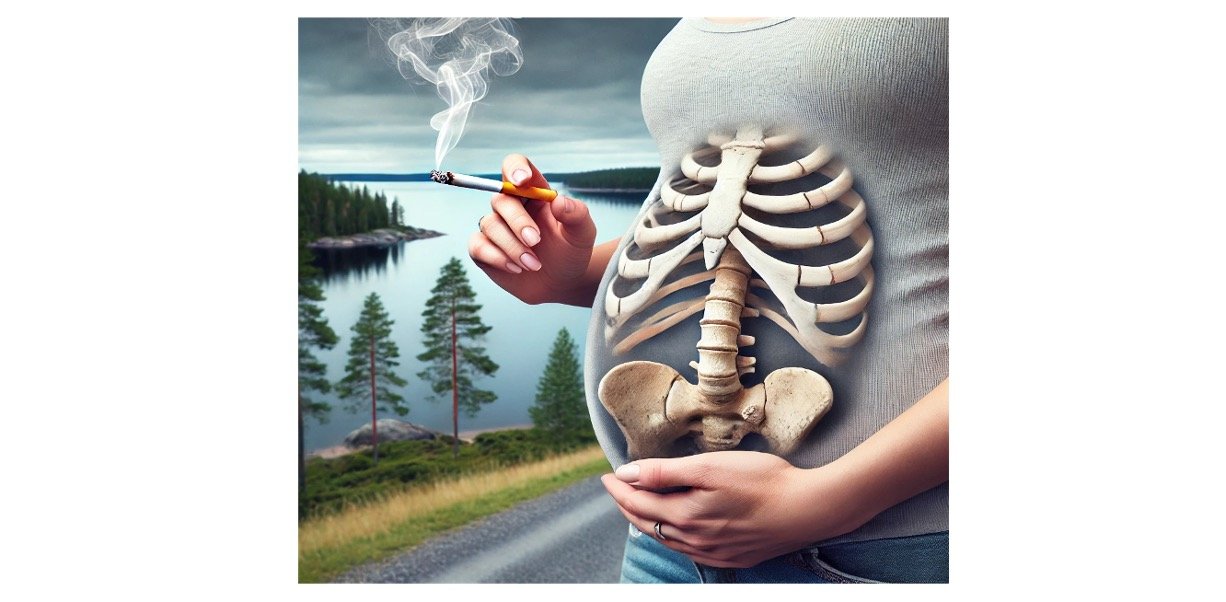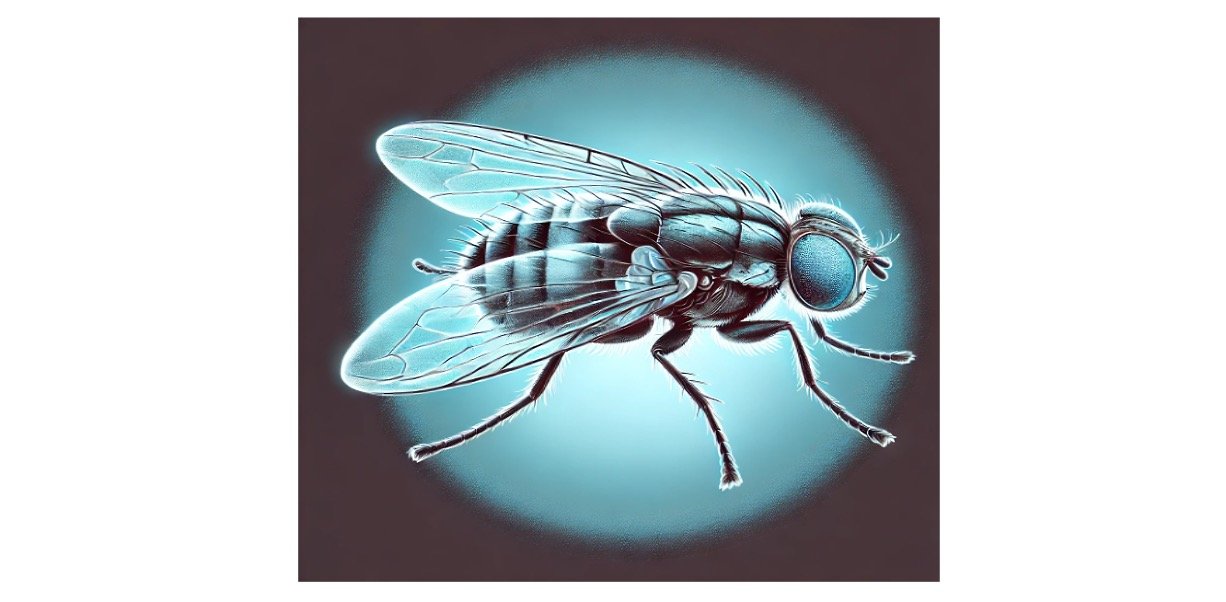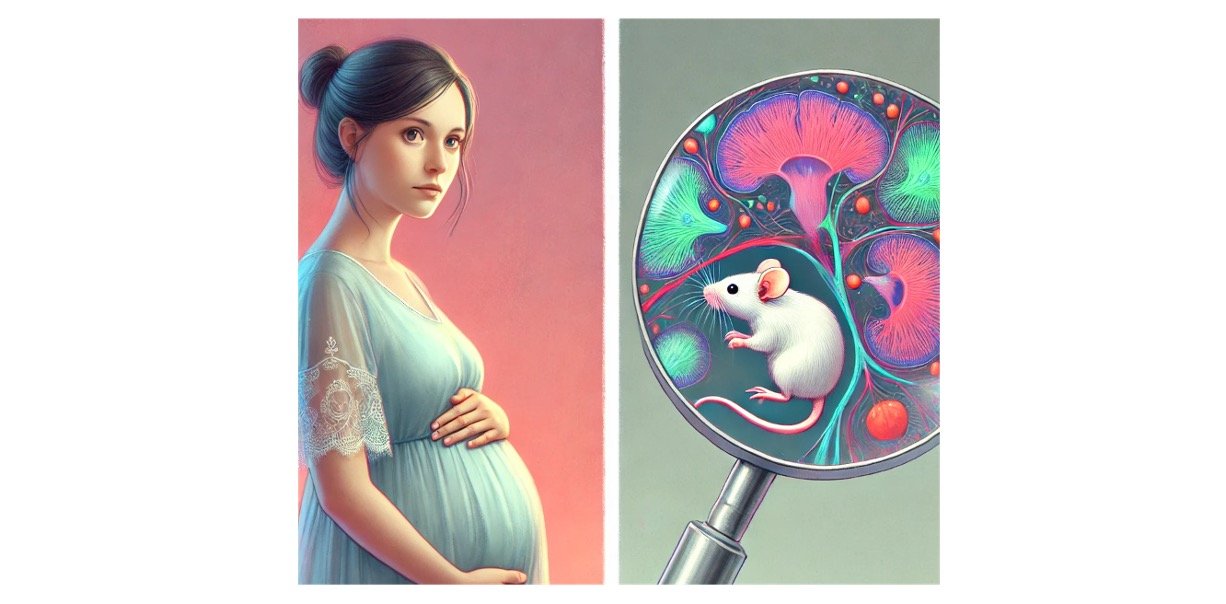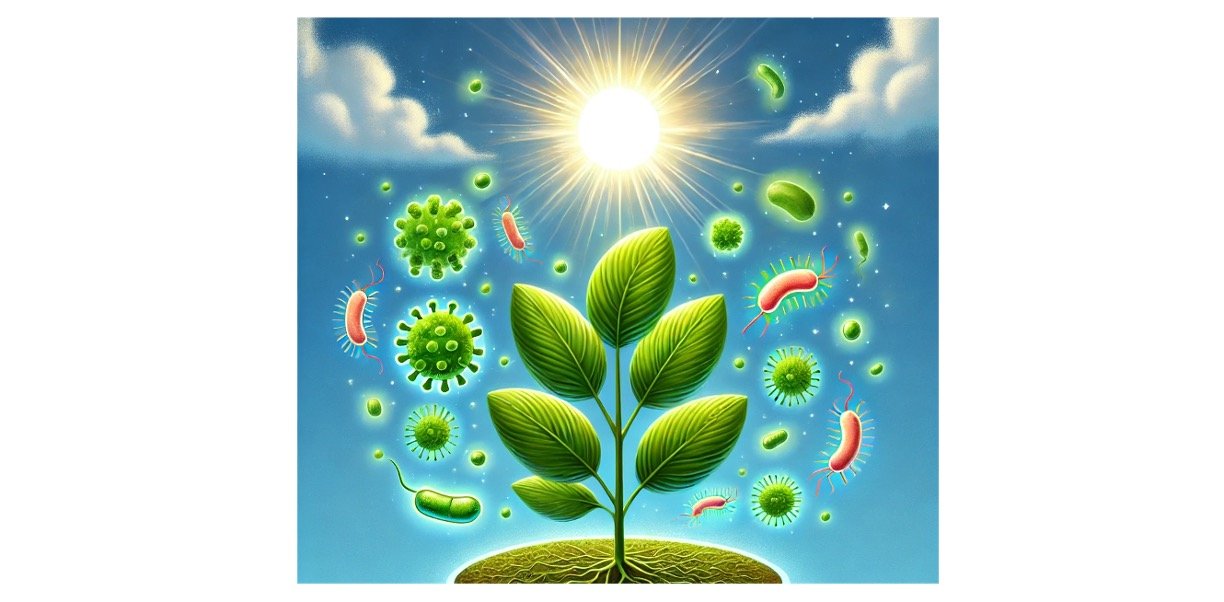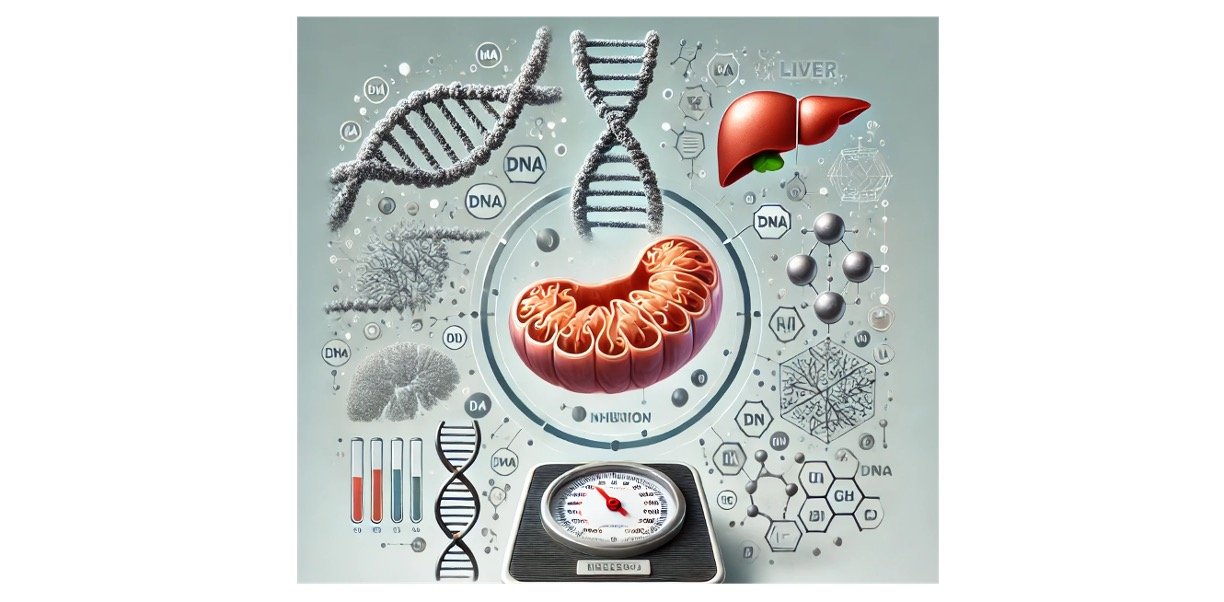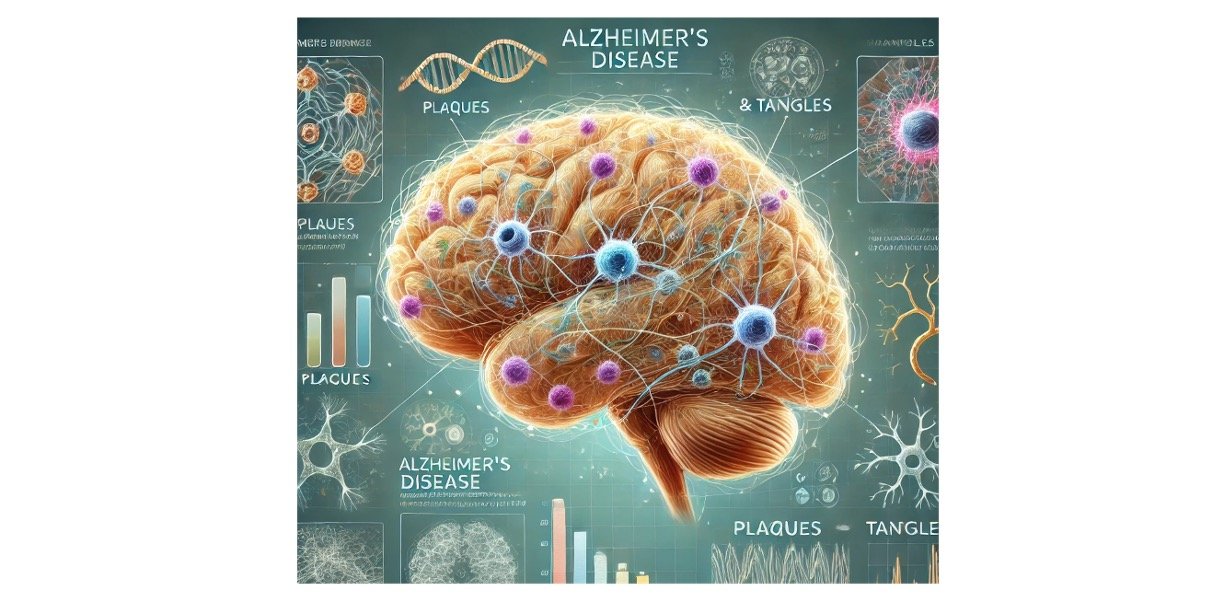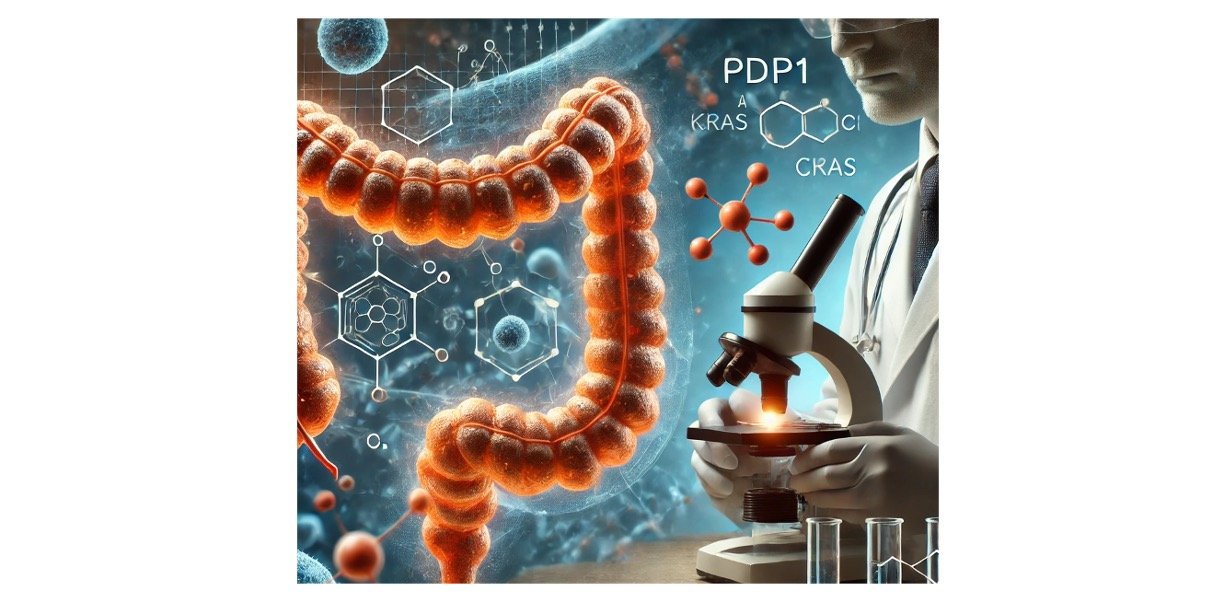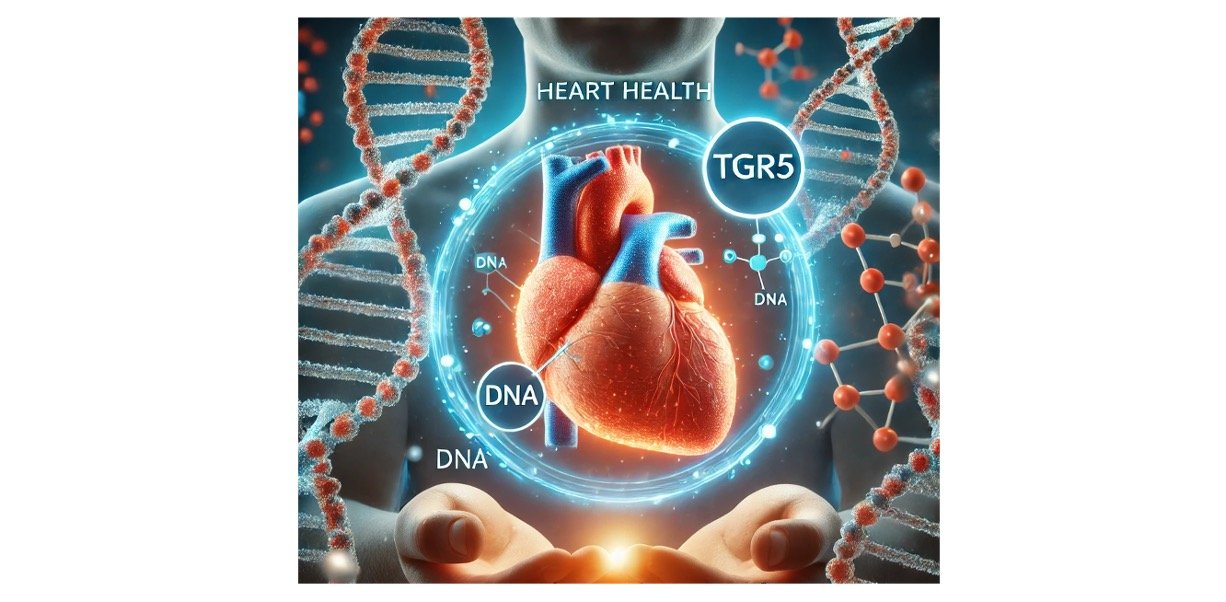Curcumin: Source and Health Benefits
Turmeric is considered to be the foremost antibiotic from the ancient times. It contains many antimicrobial and the disease resistant properties. Turmeric contains curcumin, an antioxidant which plays an important role in the turmeric to perform these antimicrobial functions.
Turmeric is also considered as an important spice which has been recognized for its medicinal properties. It also aids in managing the oxidative and the inflammatory conditions, and diseases and disorders like arthritis, hyperlipidemia and anxiety.
Curcumin also helps us to manage the inflammations that are caused during exercises like muscle soreness, which helps us to enhance the recovery and the performance in those active people.
Turmeric is one of the rhizomatous herbaceous perennial plant belonging to the family plant known as Curcuma longa which is same as of the ginger family. The medicinal properties in the turmeric are due to the source of the curcumin which have been known for about thousands of years, however, the ability of determining the exact mechanism of the bioactive components is recently investigated.
Curcumin is also called as diferuloylmethane, one of the main natural polyphenols which is found in the rhizome of the turmeric and also in other species of curcuma species.
Curcuma longa, i.e., turmeric is used traditionally from the ancient times in all the Asian countries as a medicinal herb as it contains various antioxidant and anti-inflammatory properties along with the antimutagenic, antimicrobial and anticancer resistances.
What is Curcumin?
Curcumin is a chemical polyphenol compound, which targets multiple signaling molecules that demonstrates the activity of the cellular level, and which also helps in supporting the various health benefits and also in curing the inflammatory conditions, metabolic syndromes, pain and it also help in managing the inflammatory and degenerating the eye conditions.
Apart from these conditions, they also help in benefiting the kidneys and also in aiding the therapeutic benefits. These benefits arise as a result of antioxidant and the anti-inflammatory agents that are present in the curcumin.
Curcumin is recognized and used across every parts of the world in many different ways for multiple potential health benefits.
For example, In India, turmeric is used widely which contains curcumin, whereas in china curcumin is served along with the tea, and they are used as cosmetics in Thailand, in china curcumin is used as a colorant, In Unites states it has been used in the form of mustard sauces, cheese and in butter.
How Curcumin Act?
Curcumin performs two main mechanisms which play a very vital role in acting as an antioxidant and the anti-inflammatory properties. Curcumin plays a great role in improving the systemic markers of the oxidative stress.
There are evidences that curcumin increases the serum activities of the antioxidants like superoxide dismutase. Like many other spices, turmeric also has its own history in its usage in the traditional medicine.
This flavor filled spice is cultivated from the rhizomes, or roots in the flowering plant in the India and other Parts in the south east Asia. One of the primary active components of the turmeric which gives its characteristic yellow color is due to the presence of the compound curcumin.
Curcumin not only provides color to the turmeric, it also responsible for the health benefits of the turmeric. Curcumin plays a vital role in acting as a natural antioxidant and it also acts as a anti inflammatory benefits to the individual.
Curcumin also helps in slowing the process of aging and also in preventing the Alzheimer’s diseases and the potential depressions. On the other hand, turmeric does not absorb well in our blood stream, so it can be added in our day-to-day food habits to give a necessary anti-inflammatory and the anti-oxidant benefits.
Curcumin Benefits in Cancer
We all known that inflammation is linked with tumor growth, the anti-inflammation compounds that is present in the curcumin helps us to cure the inflammation, and also in treating the various types of cancer, including the cancer forming with the colorectal, prostate, pancreas and in breast, and also in the gastric tracts and stomach.
However, curcumin helps in treating the cancer in human are detected, but the research is still under process. Chronic inflammations lead to the development of various chronic diseases, curcumin helps in treating the inflammatory diseases in the bowel arthritis and pancreatitis.
Curcumin Benefits in Heart Disease
Curcumin has a great role in improving the endothelial functions, and in characterizing the hear and the blood vessels. It also plays an important role in regulating the blood pressure. Lower endothelial system in our body has the capability of controlling the factors of aging which increases the rate of heart diseases.
Thus, curcumin helps in protecting the lower endothelial functions and reduces the rate of developing the heart diseases. Recent studies prove that, on comparing with the eight weeks of aerobic exercise with the curcumin supplement in the food, curcumin supplement helps in improving the endothelial functions of the postmenopausal women.
Curcumin Citations
Share

